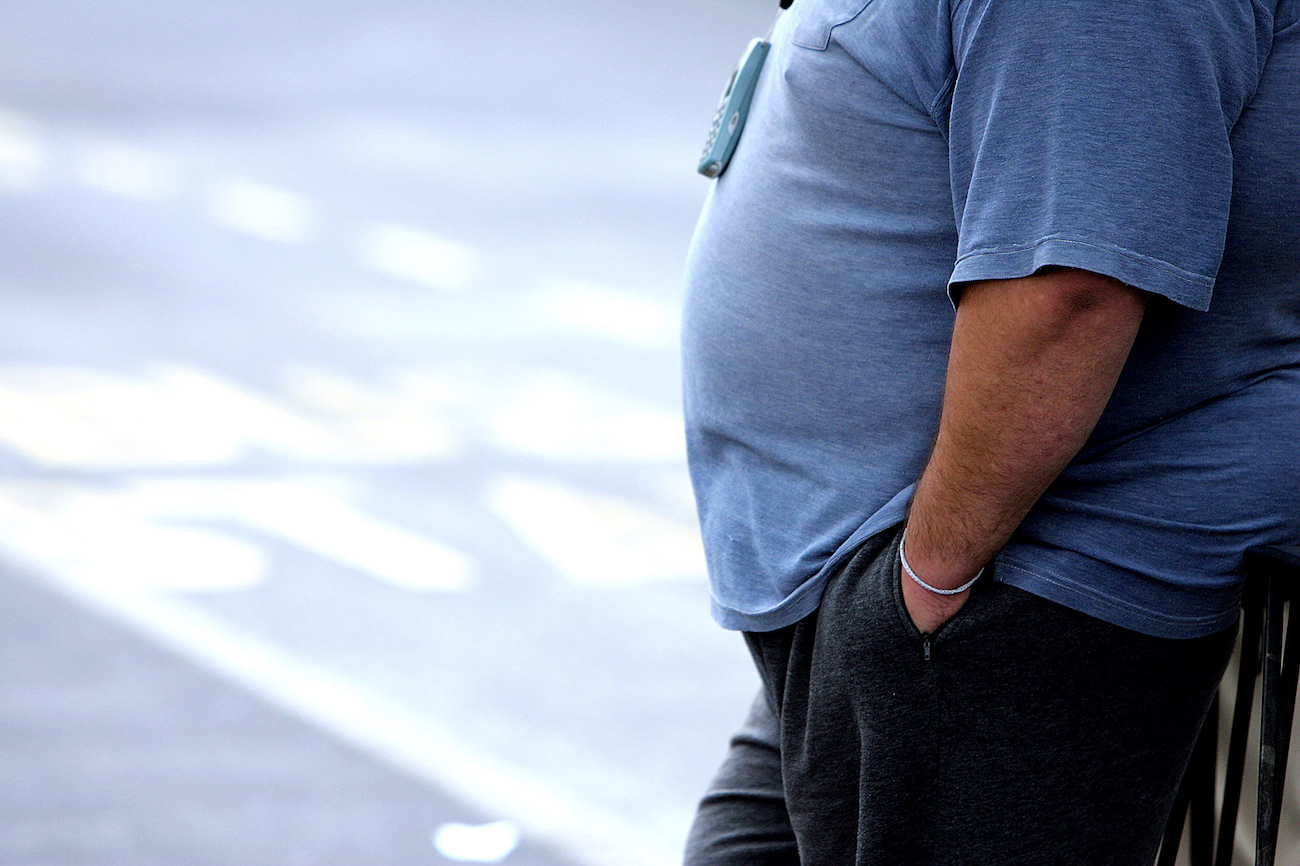High insulin levels are directly linked to pancreatic cancer, a new study suggests.
High insulin levels are common among people who have type 2 diabetes and obesity—two conditions that are known risk factors for pancreatic cancer.
The new study from the University of British Columbia (UBC) in Canada sheds light on how insulin and its receptors play a role in the development of pancreatic cancer, and therefore how type 2 diabetes and obesity ties into the picture.
According to the study, published in the journal Cell Metabolism, high insulin levels overstimulate pancreatic acinar cells—the cells in the pancreas that create, store, and release digestive enzymes for breaking down high-fat foods. The overstimulation leads to inflammation, eventually turning these cells into precancerous cells.
Anni Zhang, the study’s first author, said she and her colleagues found that high insulin levels “directly contributes to pancreatic cancer initiation through insulin receptors in acinar cells.”
“The mechanism involves increased production of digestive enzymes, leading to heightened pancreatic inflammation,” she said in a statement.
The study showed that insulin plays a significant role in enabling the pancreatic acinar cells to carry out their normal function, but when at high levels, its increased action can unintentionally promote pancreatic inflammation and the development of precancerous cells.

An insulin kit. (Kerem Yucel/AFP via Getty Images)
The research centered on the most common form of pancreatic cancer, pancreatic ductal adenocarcinoma (PDAC), known for its high aggressiveness and grim 5-year survival rate of less than 10 percent.
Pancreatic cancer cases are increasing and PDAC is projected to rank as the second most prominent contributor to cancer-related deaths by 2030.
James Johnson, a professor at UBC and co-author of the study, said the findings help scientists understand why rates of pancreatic cancer are seeing an “alarming rise.”
The study also “highlights the importance of keeping insulin levels within a healthy range, which can be accomplished with diet, exercise, and in some cases medications.”
Janel Kopp, a co-author of the study, said she and fellow colleagues hope the findings can inform clinical practice and “help advance lifestyle interventions that can lower the risk of pancreatic cancer in the general population.”
Ms. Kopp added that the research could also help researchers develop targeted therapies that can regulate insulin receptors to prevent or slow down the progression of pancreatic cancer.
The research team has since begun a clinical trial to help patients with PDAC control their blood sugar and circulating insulin levels.
The findings could apply to other cancers linked to obesity and type 2 diabetes, where increased insulin levels might also influence disease onset. Mr. Johnson noted that scientists in Toronto “have shown similar connections between insulin and breast cancer.” He added: “In the future, we hope to determine whether and how excess insulin might contribute to other types of obesity- and diabetes-driven cancers.”
Lowest Survival Rate of All Cancers
Pancreatic cancer is often referred to as a “silent” disease due to its inconspicuous early warning signs. Regrettably, by the time it manifests symptoms, it is typically in an advanced and more challenging stage.
Data shows the five-year relative survival for pancreatic cancer patients is only 11 percent, ranking last among the 22 cancer types surveyed, according to the American Cancer Society. A clinical observation of 625 patients suggests that the median overall survival for the cancer is only 9.3 months.
It was projected that pancreatic cancer would account for 7 percent of all-cancer mortality in the United States in 2022, although with an incidence of only three percent of all cancers.
For every 59 people, one has the likelihood of suffering from pancreatic cancer throughout his or her lifetime.
Flora Zhao and Health 1+1 contributed to this report.








